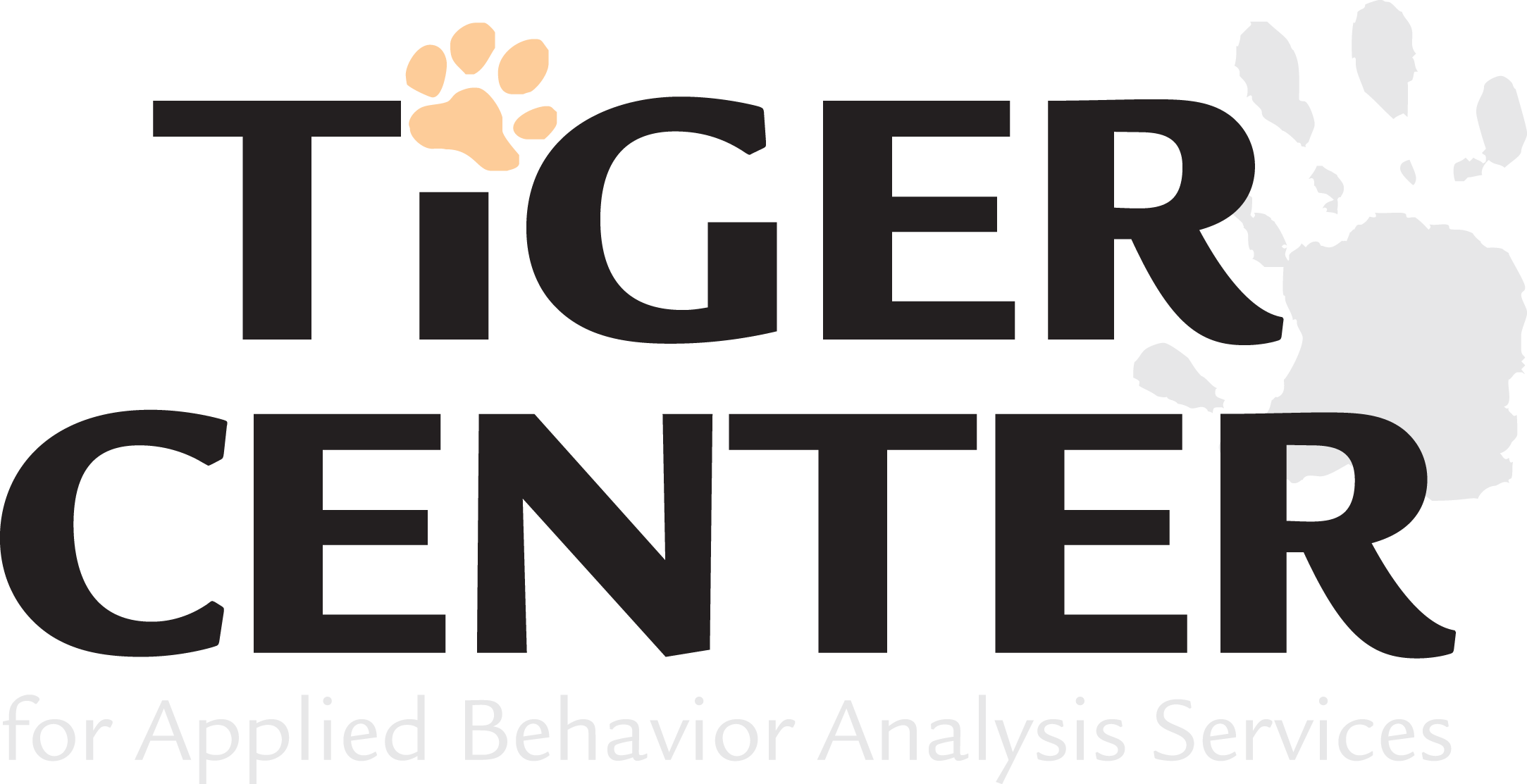The Tiger Center is a treatment program serving children with Intellectual and Developmental Disabilities and their families in the Greater Milwaukee Metropolitan Area. The Tiger Center was formed in 2007 by Dr. Jeffrey H. Tiger, Ph.D., BCBA-D with a specific focus on treating children presenting with the most severe forms of problem behavior. Dr. Tiger has worked with children and their families in the developmental and intellectual disabilities community in some of the most prominent academic-medical research facilities in the country. He frequently is asked to travel and speak at conferences to other professionals on current best practices for the assessment and treatment of children who struggle with problem behavior. Dr. Tiger is also married and a devoted father to his three young daughters.
What patients does the Tiger Center serve?
We see children and adults with intellectual and developmental disabilities. Our patients and their families come to us for assistance in treatment and management of behaviors which have become harmful, dangerous, destructive or unhealthy to themselves and/or those around them.
What will treatment look like for my child or loved one?
Our treatment model begins with a functional behavioral assessment designed to understand why our patients are engaging in their problem behavior. Problem behavior often serves as attempts of communication for those with intellectual and/or developmental disabilities. Many times, we find our patients are trying to communicate things that they want such as attention, toys, food, or a break from a non-preferred activity. In these instances, we work with each patient and family from the beginning to identify what each patient is attempting to communicate. We then tailor a behavioral intervention to the needs of each patient, typically by teaching a new form of communication to replace the need for their problem behavior. For those patients for whom vocal language remains a struggle, we may teach to communicate through a simplified sign language or through a picture or card exchange program. These are a few examples. The reasons why patients engage in behavioral problems can be wide-ranging. We encourage you to contact us to schedule an evaluation and begin the conversation of how best we can help.
Who is providing this therapy?
All assessment and treatment plans are developed by Dr. Tiger and are implemented by the Tiger Center’s therapy teams. The therapy teams consist of one lead and one assistant therapist. The lead therapist will have 1 year or more post-baccalaureate experience working at the Tiger Center. The assistant therapist will have completed their Bachelor’s degree in psychology. All therapists have either completed or are in the process of completing their Master’s degree to become independent Board Certified Behavior Analysts (BCBAs). Dr. Tiger supervises the implementation of all plans implemented by the therapy teams.
Will my insurance pay for this?
We have contracted with a number of private insurers, but individual insurance plans vary. We are dedicated to working with families and insurers to determine your coverage and eligibility before we initiate services for your child. We are contracted with Wisconsin’s Medicaid program. If you have a Forward Health Card, our services are part of your plan. Please do not hesitate to contact us with insurance questions.
What happens when my child is discharged?
Before we discharge a patient, we will conduct training to ensure all caregivers (e.g., family, teachers, respite care) are aware and confident in their abilities to carry out the interventions. We are also available for follow-up consultation and should new problem behaviors emerge as a patient grows, we are happy to re-assess and begin treatment on new behaviors that need may need to be addressed.
How successful is this program?
Our treatment model is based on the principles of Applied Behavior Analysis, a scientifically backed method of intervention for the population of patients we serve. This approach is endorsed as effective by the American Academy of Pediatrics and the United States Surgeon General. Recent research has indicated that the use of our assessment and treatment model results in effective behavioral intervention in approximately 80% of cases. For more information about this approach and it’s outcomes, we recommend the following papers:
Hagopian, L. P., Rooker, G. W., Jessel, J., & DeLeon, I. G. (2013). Initial functional analysis outcomes and modifications in pursuit of differentiation: A summary of 176 inpatient cases. Journal of Applied Behavior Analysis, 46, 88-100.
Iwata, B. A., Pace, G. M., Dorsey, M. F., Zarcone, J. R., Vollmer, T. R., Smith, R. G., . . . Willis, K. D. (1994). The functions of self-injurious behavior: an experimental-epidemiological analysis. Journal of Applied Behavior Analysis, 27, 215-240.
Kurtz, P. F., Fodstad, J. C., Huete, J. M., & Hagopian, L. P. (2013). Caregiver- and staff-conducted functional analysis outcomes: A summary of 52 cases. Journal of Applied Behavior Analysis, 46, 738-749.
Tiger, J. H., Hanley, G. P., & Bruzek, J. (2008). Functional communication training: A review and practical guide. Behavior Analysis in Practice, 1, 16-23.
